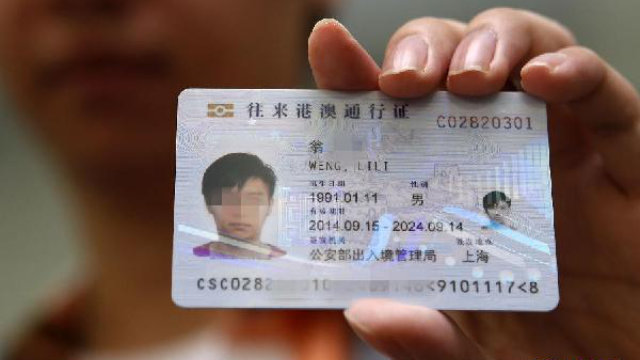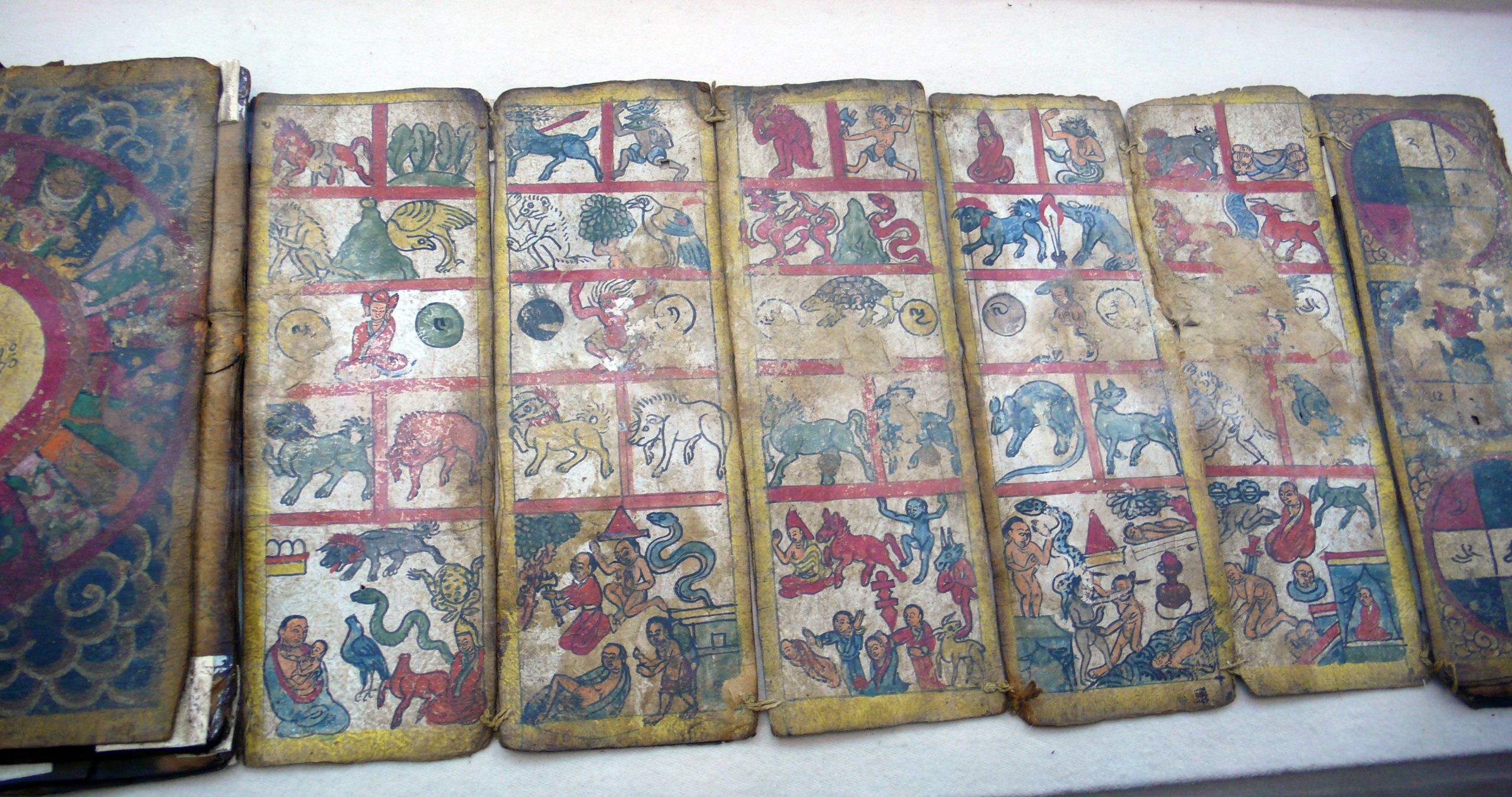To prevent people from knowing the truth about the pro-democracy protests, the CCP controls online comments, restricts citizens’ and officials’ travels.
by Tang Feng
Fired for not blocking a pro-Hong Kong comment
According to an employee at a company in the central province of Henan that monitors online content, one of his coworkers was fired in August for not blocking a comment posted by a netizen in support of Hong Kong’s pro-democracy movement. The government fined the company 5,000 RMB (about $ 700) for inadequate “supervision.”
“The state controls everything you say and do. As long as your cellphone is connected to the internet, you will be monitored the moment you mention a sensitive word,” the employee told Bitter Winter. He added that for many years, any comments that mention June 4 (the Tiananmen massacre in 1989), Taiwan, Xinjiang, or Hong Kong independence, Mao Zedong and Xi Jinping, come under the scope of government’s control. As soon as a comment related to one of these topics is posted, it is immediately deleted.
“You can only say good things about the CCP online, no bad comments are allowed,” the employee said. If someone makes a dissenting comment, it is blocked, and the person receives a warning. In serious cases, the internet police will take appropriate action and monitor or arrest the person who posted the remark.
Detained for commenting online
In August, Mr. Xiang from the southeastern province of Fujian bypassed the “Great Firewall of China” and posted two images captioned “Love Freedom, Support Hong Kong” on Twitter. He also included a photo of the back of his ID card. He said that he wanted to let Hong Kong residents know that people in mainland China are not afraid to support them. He expressed hope that the protestors in Hong Kong will persist with their struggle and remain confident because “Hong Kong is the hope of China.”
Because of his comments and photos, Mr. Xiang came under the radar of the local police and was summoned to the police station two days after his post on Twitter. The police questioned him about whether “he was colluding with foreign forces and had accepted money from the United States.”
Although Mr. Xiang knew that his support of Hong Kong would get him into trouble, the unwarranted charge still made him angry. He was released after signing a statement “not to post improper remarks and comments that are detrimental to national interests.”
Mr. Li was designated a key surveillance target after his release; the police frequently summon him to inquire about his activities. To make matters worse, Mr. Li’s employer fired him after being pressured to do so by the police.
Public officials’ personal travels restricted
The CCP is also restricting people from traveling to Hong Kong, Taiwan, and other “sensitive” regions. Public officials have been subjected to especially strict control.
On September 2, a county government under the jurisdiction of Fuzhou, the capital of the southeastern province of Jiangxi, issued a document demanding that the entire county conduct special “clean-up work” on documents for personal travels abroad or outside mainland China.
A form issued by a county in Jiangxi Province for the “clean-up work” to collect travel documents from government employees.
All management personnel at government units, state-owned enterprises, state-run work units, and grassroots autonomous organizations, were ordered to relinquish their passports, as well as Taiwan and Hong Kong-Macau travel passes, violators subject to punishment.
“The clean-up work is divided into four stages: self-inspection and self-correction, verification and filing, summarizing and reporting, and random inspections,” the document states
On September 16, some schools and kindergartens in the area also received urgent notices, demanding the staff to hand over their passports and Hong Kong-Macau travel passes.

Source: Bitter Winter












